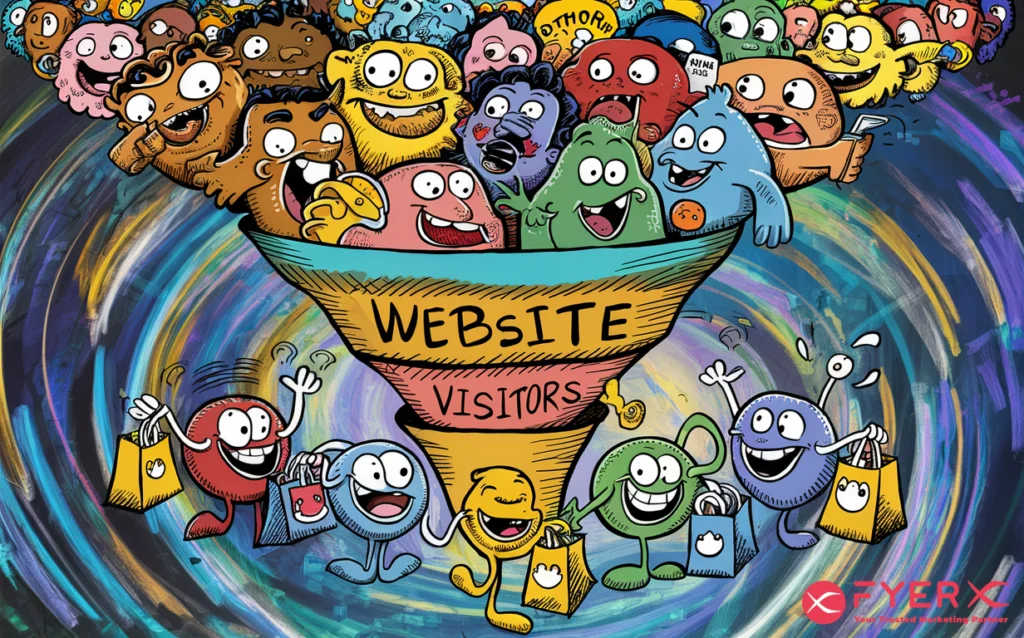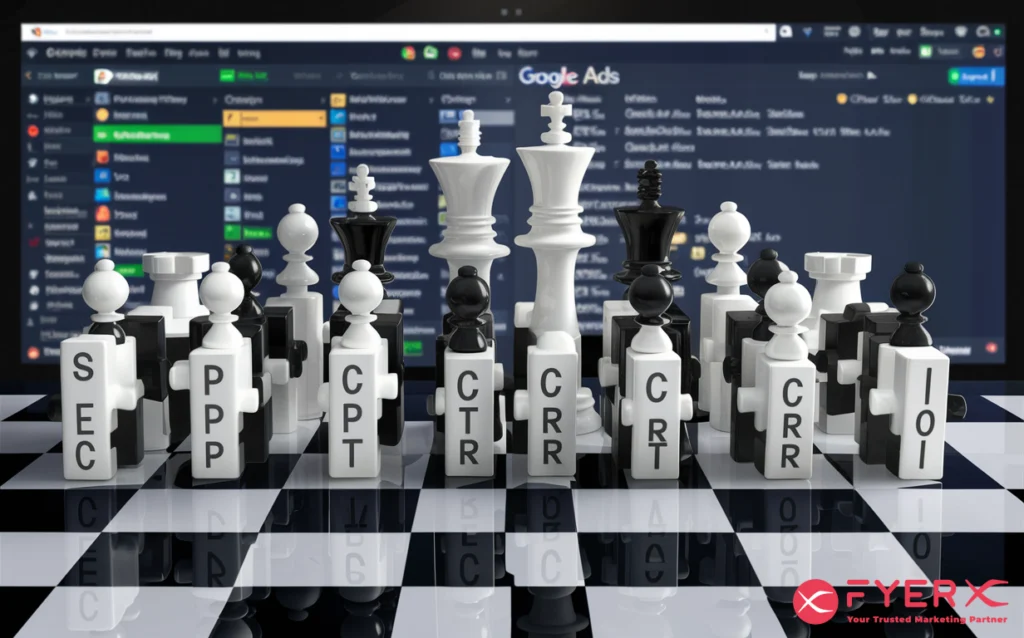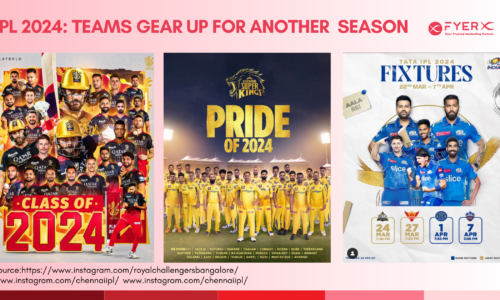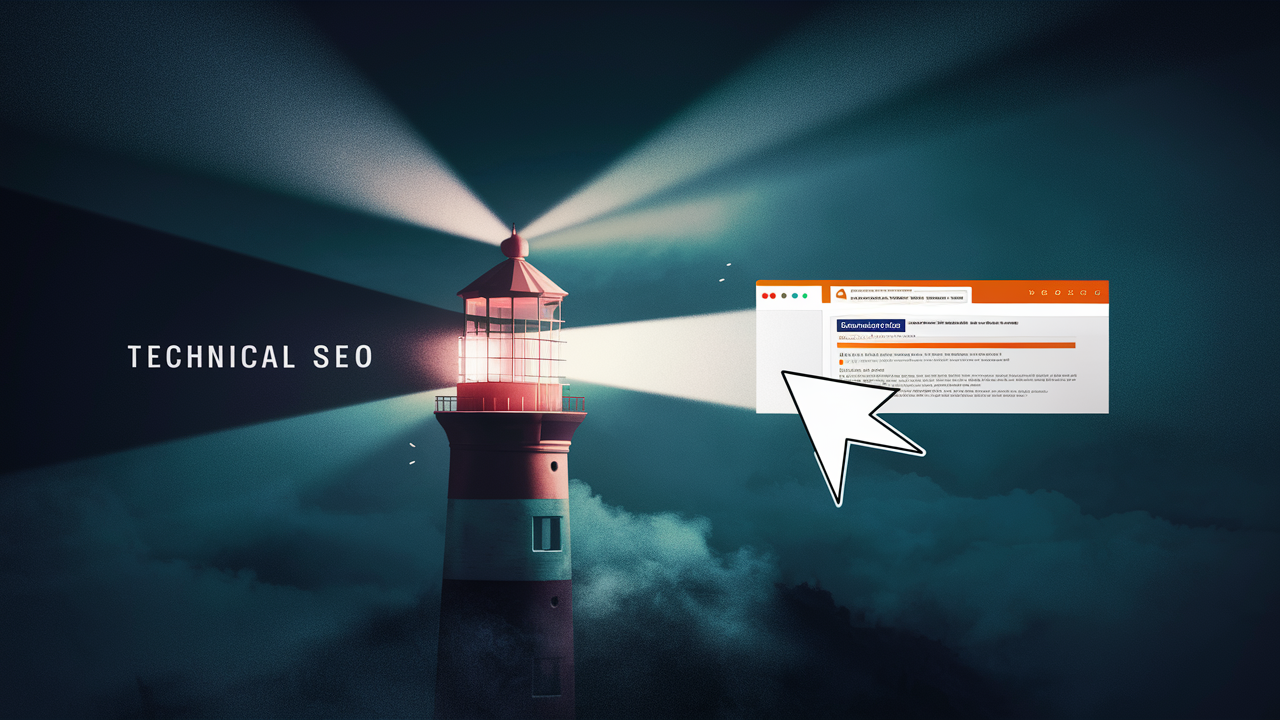
Supercharge Your Clicks: A Beginner’s Guide to PPC Advertising
- fyerx
- April 19, 2024
- Blog
- Business, Digital marketing, google ads, Marketing, ppc, search engine marketing, sem
- 0 Comments
Welcome to the exciting world of PPC (Pay-Per-Click) advertising! In this comprehensive guide, we’ll break down everything you need to know to launch successful PPC campaigns and take your online marketing strategy to the next level. Whether you’re a small business owner or a marketing enthusiast, PPC offers a powerful way to reach new audiences and achieve your business goals.
Pay-Per-Click Advertising

Imagine this: You run a bakery with the most delicious cupcakes in town. But how do you get people to discover your hidden gem? Here’s where PPC comes in. It’s a form of online advertising where you only pay when someone clicks on your ad. You bid on specific keywords related to your products or services, and your ads appear prominently on search engine results pages (SERPs) like Google Ads (formerly AdWords).
Why Choose PPC?
Think of PPC as a targeted marketing strategy with some mouthwatering advantages:
- Reach the Right Audience: Unlike traditional advertising with a shotgun approach, PPC lets you target users actively searching for products or services like yours. This laser focus ensures your ad reaches highly interested customers, increasing the likelihood of conversions (sales, leads, etc.).
- Measurable Results: Forget guessing games! PPC provides detailed analytics that track every click, impression, and conversion. You can see exactly how your campaigns perform and adjust your strategies for optimal results.
- Fast Results: Unlike SEO (Search Engine Optimization) that takes time to build organic rankings, PPC delivers results quickly. You can see your ads displayed on SERPs within minutes of setting up your campaign, driving immediate traffic to your website.
- Scalability and Flexibility: PPC campaigns are highly customizable. You can adjust your budget, target specific demographics, and even run A/B tests to see which ad copy resonates best with your audience. Need to adjust your marketing spend on the fly? No problem! With PPC, you have complete control over your budget and campaign duration.
A Statistically Sweet Success Story: Did you know according to WordStream, PPC generates an average return on investment (ROI) of 3:1? That’s a pretty sweet deal, wouldn’t you say?
When to Consider PPC:
PPC isn’t a one-size-fits-all solution. Here are some scenarios where PPC can be the perfect ingredient for your marketing mix:
- Launching a New Product or Service: Create a buzz around your new offerings by driving targeted traffic to your website with PPC campaigns.
- Promoting Time-Sensitive Offers: Got a limited-time sale or special event? PPC allows you to quickly reach potential customers with enticing ad copy.
- Boosting Local Business Visibility: Local businesses can leverage PPC to target customers searching for products or services offered in their specific area.
- Complementing Your SEO Strategy: PPC can act as a springboard while you’re building your organic search ranking through SEO efforts.
PPC for Small Businesses:
Small businesses often have limited marketing budgets. The beauty of PPC is that you can start with a small budget and gradually scale your campaigns as you see success. Additionally, with the user-friendly interfaces of platforms like Google Ads, even beginners can create and manage effective PPC campaigns.
Keyword Research: The Foundation of Your PPC Campaign
Think of keywords as the ingredients in your marketing recipe. Choosing the right ones is crucial for attracting the right customers. Here are some tips for PPC keyword research:
- Start with Seed Keywords: These are broad terms related to your product or service (e.g., “cupcakes”).
- Expand with Long-Tail Keywords: These are more specific keywords with lower competition (e.g., “best cupcakes near me”). Long-tail keywords are often more relevant to users with higher purchase intent.
- Use Keyword Research Tools: Google Keyword Planner and other tools help you discover relevant keywords, search volume, and competition levels.
High-Converting PPC Ads:

Your ad copy is the first impression you make on potential customers. Here’s how to create ads that get people clicking:
- Focus on Benefits: Highlight what makes your product or service unique and how it solves customer problems.
- Use Strong Calls to Action (CTAs): Tell users exactly what you want them to do, whether it’s “Buy Now,” “Learn More,” or “Get a Free Quote.”
- Keep it Concise and Clear: People skim online. Use clear, concise language with strong verbs and compelling headlines that grab attention within seconds.
- Test Different Variations: Experiment with different ad copy variations using A/B testing to see which version performs well.
Optimizing Your PPC Campaigns:
Launching your PPC campaign is just the first step. Now it’s time to refine your recipe for success. Here’s how to optimize your campaigns for maximum impact:
Landing Page Optimization for Conversions
Imagine a user clicks on your ad, excited about your delicious cupcakes. They land on your website… and it’s a cluttered mess. Just like a beautiful storefront entices customers, your landing page needs to be optimized for conversions. Here are some landing page best practices:
- Match Ad Copy: Ensure your landing page message aligns with your ad copy. Don’t bait and switch!
- Clear Value Proposition: Immediately showcase how your product or service benefits the user.
- Compelling Call to Action: Make it easy for users to convert with a clear and prominent CTA button.
- Mobile-Friendly Design: In today’s mobile-first world, ensure your landing page offers a seamless experience across all devices.
Track and Measure PPC Campaign Performance:

Data is the icing on the cake when it comes to PPC. Platforms like Google Ads provide detailed analytics that allow you to track vital metrics like:
- Impressions: The number of times your ad was displayed.
- Clicks: The number of times users clicked on your ad.
- Click-Through Rate (CTR): The percentage of users who clicked on your ad after seeing it (clicks divided by impressions).
- Conversion Rate: The percentage of users who completed a desired action (e.g., purchase, sign-up) after clicking your ad.
- Cost-per-Acquisition (CPA): The average cost you incur for each conversion.
By analyzing these metrics, you can identify areas for improvement. Low CTR might indicate the need to tweak your ad copy. A high CPA could be a sign to refine your targeting or bidding strategies.
Google Ads Bidding Strategies:
Bidding strategies determine how much you’re willing to pay for each ad click. Google Ads offers several bidding options to suit your campaign goals:
- Manual Bidding: You set the maximum amount you’re willing to pay for each click.
- Automated Bidding: Google Ads automatically sets bids to optimize for clicks, conversions, or a target return on ad spend (ROAS).
Common PPC Mistakes to Avoid: Don’t Burn Your Batch!

Even the most skilled bakers can make mistakes. Here are some common pitfalls to avoid in your PPC journey:
- Poor Keyword Targeting: Don’t be too broad or too narrow with your keyword selection. Find the sweet spot between relevance and search volume.
- Neglecting Negative Keywords: Negative keywords prevent your ads from being shown for irrelevant searches, saving you money. For example, if you sell cupcakes but not wedding cakes, you might add “wedding” as a negative keyword.
- Ignoring Landing Page Optimization: Optimize your landing page for conversions. Remember, a well-designed landing page can significantly improve your CTR and ROI.
- Not Tracking and Analyzing Performance: Don’t fly blind! Regularly monitor your campaign performance and make adjustments based on data insights.
Takeaways and Future Considerations
By now, you have the essential ingredients for launching successful PPC campaigns. Remember, PPC is an ongoing process of learning and optimization. Here are some key takeaways:
- PPC offers a targeted and measurable way to reach new customers and achieve your marketing goals.
- Carefully selected keywords, compelling ad copy, and optimized landing pages are crucial for success.
- Track and analyze your campaign performance to identify areas for improvement.
- PPC can be a valuable tool for both small and large businesses.
Ready to Take Your PPC Skills to the Next Level?
This guide has provided a solid foundation for launching your ads journey. As you gain experience, you can explore advanced techniques such as:
- Remarketing: Retarget users who have previously interacted with your website or ads.
- Shopping Ads: Showcase your products directly on SERPs with visually appealing product listings.
- Display Advertising: Place your ads on relevant websites to reach a broader audience.
PPC can be a powerful tool to drive traffic, generate leads, and boost your online sales. With the right knowledge and ongoing optimization, you can turn your PPC campaigns into a sweet success story!
Don’t settle for lackluster results. Contact FyerX, a ppc agency in bangalore today for a free consultation. Let’s discuss your PPC goals and craft a customized strategy to transform your online presence.
Related Posts

- fyerx
- April 23, 2024
How These 5 Unexpected Indian Brands Conquered Social Media (And You Can Too!)
Have you ever scrolled through your social media feeds and stumbled upon a brand that surprised ..

- fyerx
- March 8, 2024
IPL 2024: The Secret Marketing Playbook Teams Are Using to Crush It
The Indian Premier League (IPL 2024) is where cricket superstars meet cutting-edge marketing. W ..






Recent Comments